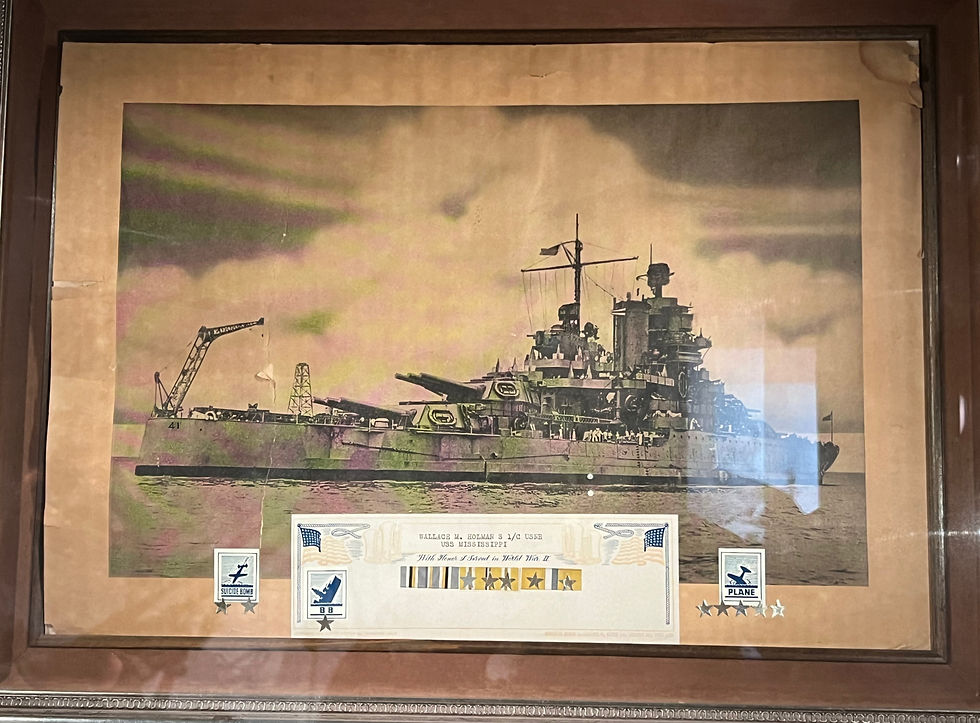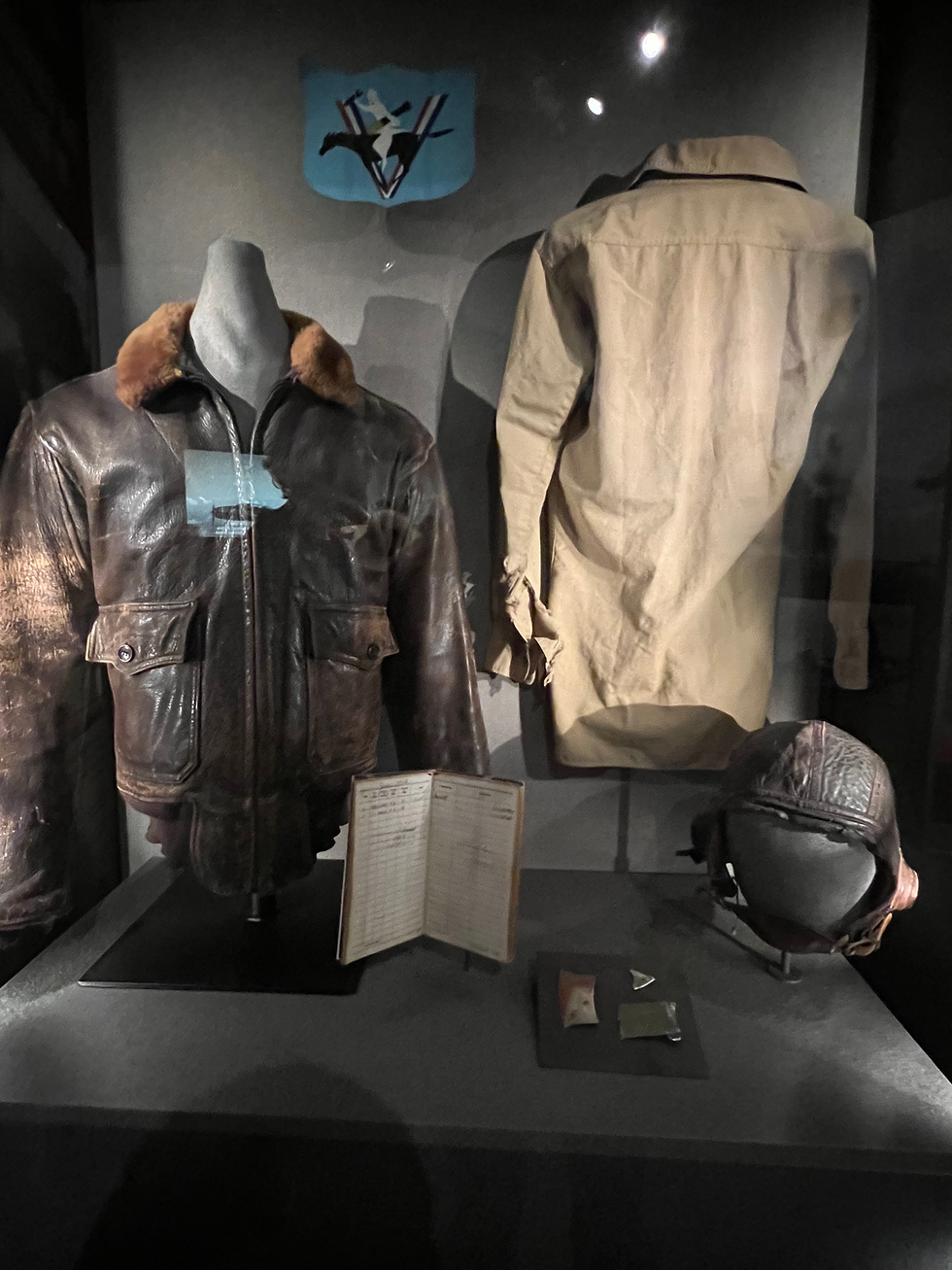National Museum of the Pacific War
- Ray Via II
- Aug 12, 2025
- 3 min read
In June 2024, we spent the better part of a day exploring the National Museum of the Pacific War in Fredericksburg, Texas. Even with several hours on site, we found ourselves only scratching the surface of what this remarkable institution has to offer.
Immersive and Comprehensive Exhibits

Our visit began in the George H.W. Bush Gallery, where the scale and detail of the displays immediately commanded attention. The galleries walk visitors through the Pacific Theater chronologically, from the uneasy pre-war years to the war’s final moments in 1945. Every turn revealed an extraordinary variety of artifacts—massive anti-aircraft guns that once shielded warships and bases, Japanese swords captured on the battlefield, and a surprising array of small arms from both Allied and Japanese forces.

Larger-scale exhibits are equally striking. The restored North American B-25 Mitchell bomber stands as an imposing centerpiece, while the Grumman F4F Wildcat, a compact but rugged naval fighter, reminds visitors of the air war’s desperate early months where replacement parts were scarce. The American Volunteer Group (AVG) section is a standout, telling the story of the “Flying Tigers” with their shark-nosed P-40s, blending artifacts, photos, and personal accounts of their harrowing missions in China before the United States formally entered the war.

Maps, Letters, and the Human Story

Throughout the gallery, maps charting campaigns—such as Midway, Guadalcanal, and Leyte Gulf—are paired with letters from servicemen and women that bring the strategy down to a human level. One moment you’re studying the shifting battle lines of the Solomons on a large wall map, and the next you’re reading a sailor’s letter home, written just days before his ship was sunk. These juxtapositions hit hard, reminding us that behind every movement of a front line were lives in the balance.
A Note on the Admiral Nimitz Gallery

Due to time constraints, we were unable to visit the Admiral Nimitz Gallery during this trip. Housed in the historic Nimitz Hotel, the exhibit focuses on the life and leadership of Fleet Admiral Chester W. Nimitz, a Fredericksburg native and a key figure in the Pacific War. This section is high on our list for our next visit, as it promises a more personal perspective on the strategic leadership of the conflict.
Pacific Combat Zone – Post Coming Soon

We also visited the Pacific Combat Zone, a separate, two-acre outdoor area that recreates the conditions of Pacific Island battles. The experience was memorable enough that we will be dedicating an entire upcoming post to it. Expect restored vehicles, landing craft, a PT boat, and live-action demonstrations that bring amphibious warfare to life in an unforgettable way.
Emotional Weight and Reflection

The museum’s power lies in its blend of strategic narrative and personal experience. It presents the big picture—through maps, aircraft, and artillery—while also giving voice to those who lived the war. The collection of Japanese swords, for example, tells not just of combat, but of culture, tradition, and the personal possessions carried into battle. By the time we stepped back into the Texas sunshine, we felt both humbled and deeply moved.
Tips from Our Experience
Allow plenty of time | We spent hours and didn't see everything. |
Start early | Arriving at opening time, let us enjoy the main galleries before the crowds built up. |
Plan for multiple visits | To truly see everything—including the Nimitz Gallery and Combat Zone—you may need more than one day. |
Take breaks | The museum is dense with information; short pauses help keep the experience fresh. |
Final Impression:
The National Museum of the Pacific War is compelling and educational. Our June 2024 visit only scratched the surface, and we look forward to returning to see t
he Admiral Nimitz Gallery. Stay tuned for our Pacific Combat Zone post, which will showcase a standout experience.
































Comments